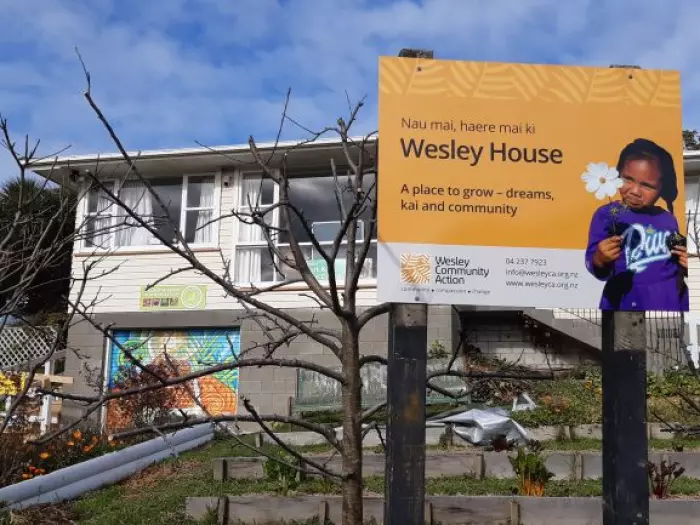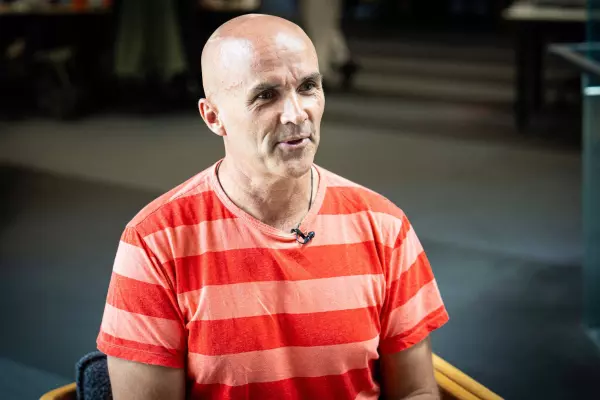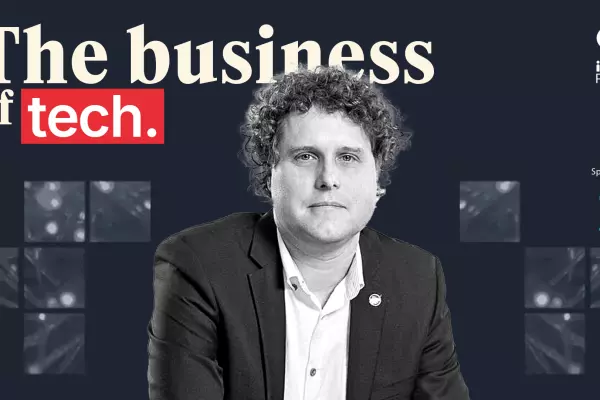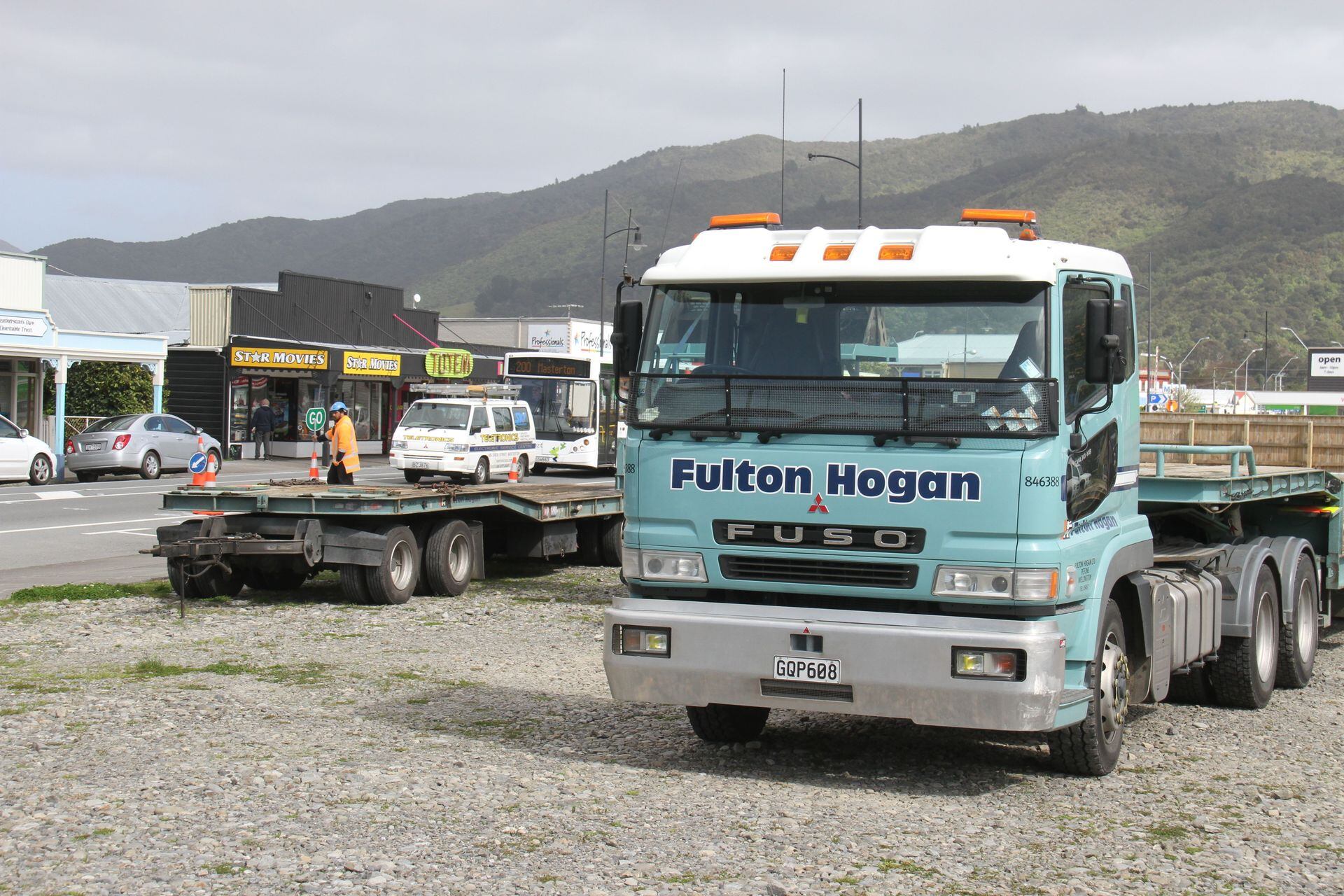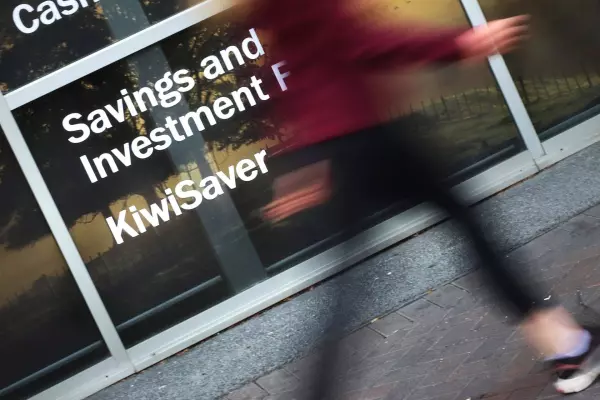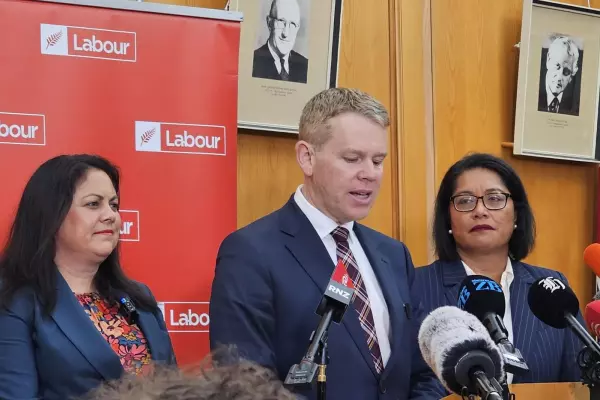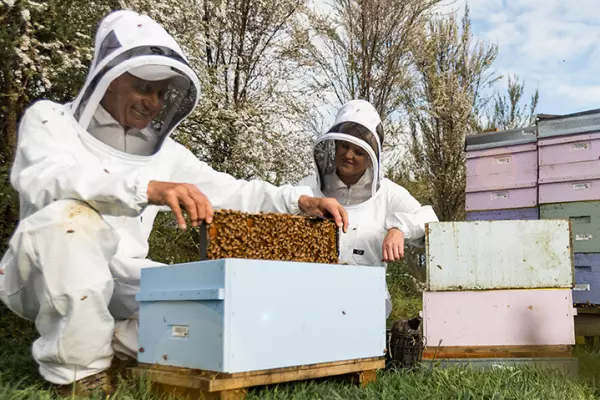In the Porirua suburb of Cannons Creek north of Wellington, an interesting experiment in how to use technology to empower communities and give them more economic sovereignty is playing out.
A group of techie types have banded together with locals to pilot a blockchain-based digital currency and a smartphone app that acts as a digital wallet to store and transfer tokens to other people in the community.
The idea is to build a circular economy, independent of the external financial system, where locals pay the local greengrocer or barber each in CAN token, as the local currency will be known.
They can then chip in tokens collectively to fund projects that support community wellbeing.
In fact, the venture, largely the brainchild of Wellington-based crypto currency and blockchain expert, Mark Pascall, is called the Wellbeing Protocol.
The philosophy stems from Mark’s own life experiences through illness, re-evaluating what was meaningful in his professional life, and more latterly, discovering the power of decentralised technology platforms, like the blockchain underpinning Bitcoin.
Managing the commons
The project is heavily influenced by the work of Elinor Ostrom, an American political economist who was the first woman to receive the Nobel Prize in economics. She came up with eight principles to avoid the ‘tragedy of the commons’, where individuals who have access to a shared resource abuse the opportunity for their own self-interest.
It all sounds very idealistic and worthy, but in the Cannons Creek project, the principles are being followed in practical ways in an attempt to engage people more in their local community, support each other and build social capital to invest into projects for the common good.
Much is being done in Cannons Creek already, including by Wesley Community Action and Ngāti Toa, who are the local partners in the pilot. There are charitable events and volunteering going on.
What the Wellbeing Protocol adds is a way to give it some critical mass and sustainability, creating capital that can be spread around the community and spent on exactly what people want to invest in.
The CAN currency at the heart of it is the equivalent of NZ$1 and is backed by an equivalent New Zealand dollar that is put in a bank account, so it has a reserve of value behind it. Currently, 50 locals have each been given 50 CAN to spend in the community. They can use it to buy a $12 vege box from Porirua Fruit and Vege Co-op, send CAN between each other, and contribute to a community fund.
In the smartphone app, community members get to suggest ideas for local projects which are voted on and which people can contribute CAN towards.
External groups, such as charities and companies, could donate CAN to Cannons Creek for use across a range of projects that are run and managed by the community.
Locals are encouraged to keep the CAN flowing around the community in the form of a 50% tax on conversions of CAN to ‘real’ dollars.
However, retailers participating in the economy need NZ dollars to pay for supplies, so will pay a smaller withdrawal fee of 4-to-5%.
The heart of it is the community-driven decision-making and financial contribution to projects and the sense that CAN is a currency that means something to the people who live there.
In future, says Pascall, there’s potential to gamify the app to encourage community participation through the payment of CAN.
Watch the woke
Every Tuesday, locals are invited to a meeting to discuss the pilot and how local projects are progressing.
A small group of locals currently make the decisions on allocating CAN to community projects, which is the sticking point on these types of decentralised systems.
Yes, algorithms can make decisions for you, but ultimately people need to come together to finalise decisions so a solid governance framework is crucial to building trust in the system.
A few schemes like this exist overseas, some of them paper-based and formed long before blockchain became a buzzword.
One of them, the UK’s Bristol Pound, offers a valuable lesson in where such schemes can go wrong. At one point, over one million Bristol pounds were in circulation.
But it recently shut down and will be relaunched as Bristol Pay.
Two major issues seem to have stymied it.
The technology underpinning it was too expensive to maintain and the scheme was captured by a minority of highly engaged users. It became more of a feel-good effort by the woke, rather than genuinely embracing the whole community.
Blockchain with heart
Cannons Creek is a low socio-economic area, with an ageing stock of state houses gradually being updated and a large Pasifika population.
Making sure the Wellbeing Protocol suits the needs of locals and has the uptake that gets the circular economy going will be crucial to its success.
Pascall sees scope, later down the line, for government support agencies to plug into the network, contributing CAN to worthy community projects that help meet their objectives and having the ability to use the blockchain’s immutable transaction records to see exactly where the money has gone.
There are some very clever things being done with the blockchain, such as the use of smart contracts to more efficiently facilitate everything from financial settlements to food traceability systems.
But, frankly, most of the applications leave me a bit cold. What is going on in Cannons Creek has a lot more heart.
It’s an open source, volunteer project that could give small local economies, volunteering and charity a new lease of life.
In the post-covid world, that’s exactly what we’ll need.


